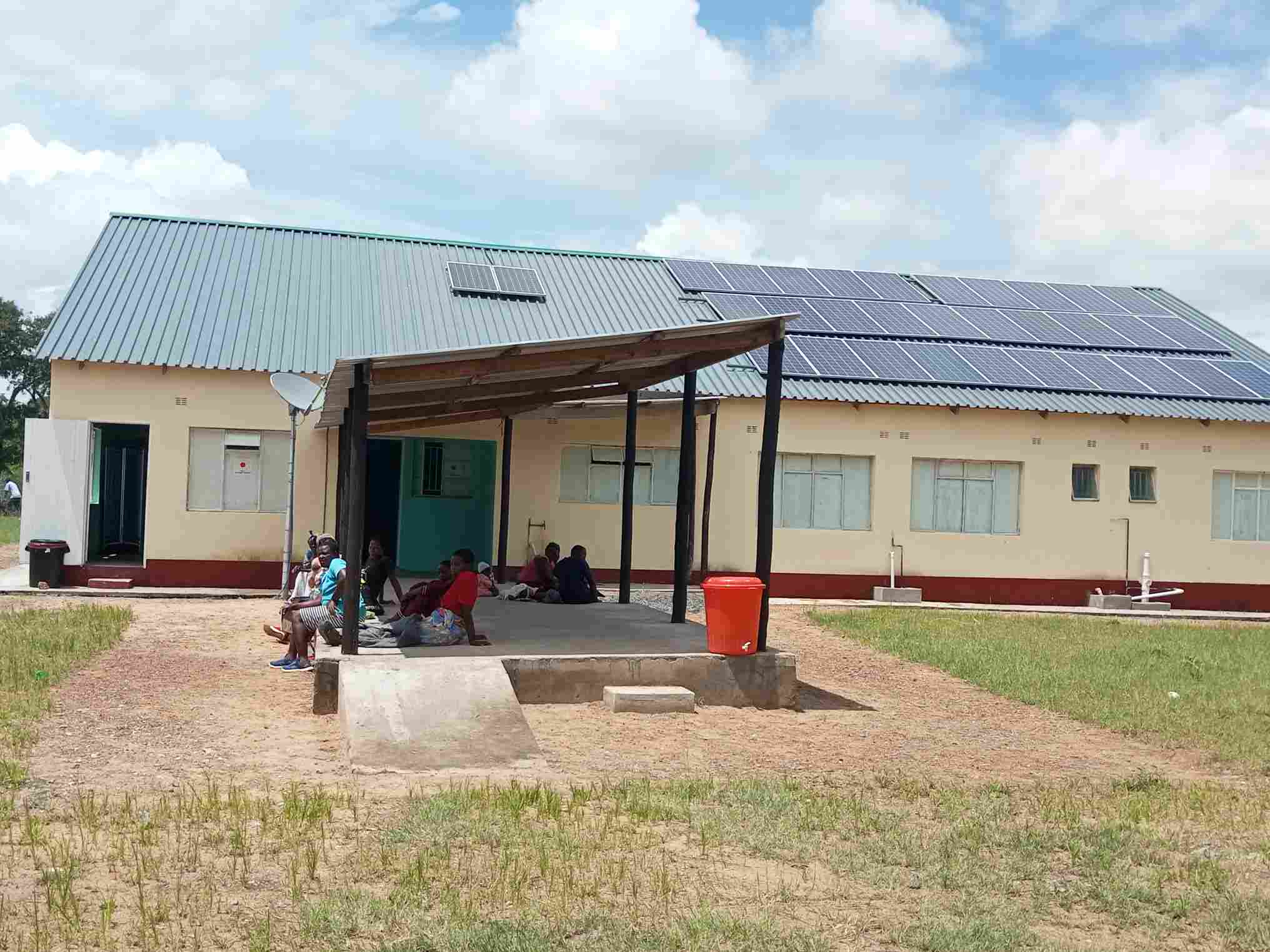A tripartite partnership comprising the government, civil society, and development partners has resulted in positive health outcomes for Ward 9 in Vungu Rural District Council of Gweru in Midlands Province.
In 2017, as Jointed Hands Welfare Organization (JHWO) was complementing government efforts in Gweru under Vungu Rural District Council, guided by the National AIDS Council in the HIV response, there was realisation that in ward 9 at Riverdale, a new resettlement area with a population of around 10 000, about 35-40km from Gweru, the local authority was offering health services through periodic erratic mobile out reaches and there was an urgent need for a static health site.
Consequently, there were cases of home deliveries, risks of maternal morbidity and mortality, STIs, snake bites, mining-related injuries and challenges associated with HIV and TB as the area has extensive artisanal mining.
To sustainably mitigate these challenges JHWO, working hand in hand with Vungu RDC and the community, the Zimbabwe government line ministries, and private entities through a Public-Private Partnership, resources were sourced firstly in the form of a 6.2 piece of land from the government and secondly by mobilising financial resources from donors and private entities to establish this unique state of the art health facility that is a first in Gweru, Midlands and Zimbabwe that will efficiently offer primary health care, an array of HIV and TB clinical and laboratory Quiet by NAC services among many others through a Public-Private Partnership.
“The facility is still under construction though already offering services and will be commissioned by the Government but once fully functional, will see community members accessing free primary health care, diagnostics, HTS, TB, Cancer screening, and family planning services among others within walkable distance. This significantly cuts down on catastrophic costs, especially for those in need of resupplies and other conditions that require the attention of a Doctor including diagnostics and this will significantly contribute to positive health outcomes,” Mr. Peter Dube, the Programmes Manager of JHWO told Spiked Media on a tour of the Midlands Province that was organised by the National AIDS Council last week.
Speaking to journalists during a tour of the health facility, Sukoluhle Sibanda, the NAC District AIDS Coordinator for Vungu District also known as Gweru Rural, said since the area has mining activities, other parts are hotspots for sex workers targeting miners.
“Business centres here are around mining areas and are also hotspots for sex work. Farming is one of the key economic activities. We have both commercial and subsistence farmers. Irrigation schemes provide food and money to the communities. Fishing in the dams is also popular. We also witness cross-border trading and migration to other countries. In most cases, children are left to take care of grandmothers, so we have child-headed families whilst parents are away,” Sibanda said.
There are various programs targeting various populations but Sibanda said adolescents have the highest HIV infection rate in the area. The DREAMS program targets adolescent girls and young women.
“We also take the HIV response to men so men, as perpetrators, also targeted. The Sista2Sista program targets girls and young women to reduce their vulnerability. We also reach out to youth in tertiary education through peer educators and vocational training. The Brotha2Brotha program is for boys and young men. There is also peer education for youths out of school. We also have the orphans and vulnerable children programming. There is also a Key population programming targeting the 3 prisons around the area where we are working with ZPCS through peer education supported by NAC,” Sibanda added.
Simbarashe Garwe, the Orphans and Vulnerable Children Technical Manager for JHWO thanked the Ministry Of Health and Child Care in partnership with the Japanese government for funding the Riverdale Clinic.
“The Riverdale Health Centre has a laboratory. Before the laboratory, Mutapa Clinic in Gweru was the closest for viral load monitoring. The Riverdale Laboratory has reduced morbidity, and bus fares for locals. People now access neonatal care services, TB services, and laboratory services that are now available at this centre. There is a laboratory scientist here. There is a need of over US$23 000 to complete the centre. There are houses for accommodating nurses, and boreholes for clean water,” Garwe said.
Precious Nyarumbe, a primary care nurse for Riverdale encouraged women to register for pregnancy and visit clinics frequently. This was corroborated by the village health worker, Musa Matizanadzo who said she encourages delivery at health facilities to reduce maternal mortality.
“As a village health worker, I encourage women to weigh children at clinics to prevent stunting. We encourage a clean and safe environment so as to prevent cholera, diarrhea, and dysentery. We also promote the use of tip taps, and regular washing of hands using soap. Riverdale Clinic is also a meeting place for village health workers,” she said.
Vusani Muyambo, a woman on antiretroviral therapy together with her children said they used to travel to Gweru with her family.
“We paid US$6 to travel to town and back per person. That was a lot of money and we defaulted on taking ART. Thanks to Riverdale Clinic, we now get our medication in the village and our viral load is being suppressed,” Muyambo said.
